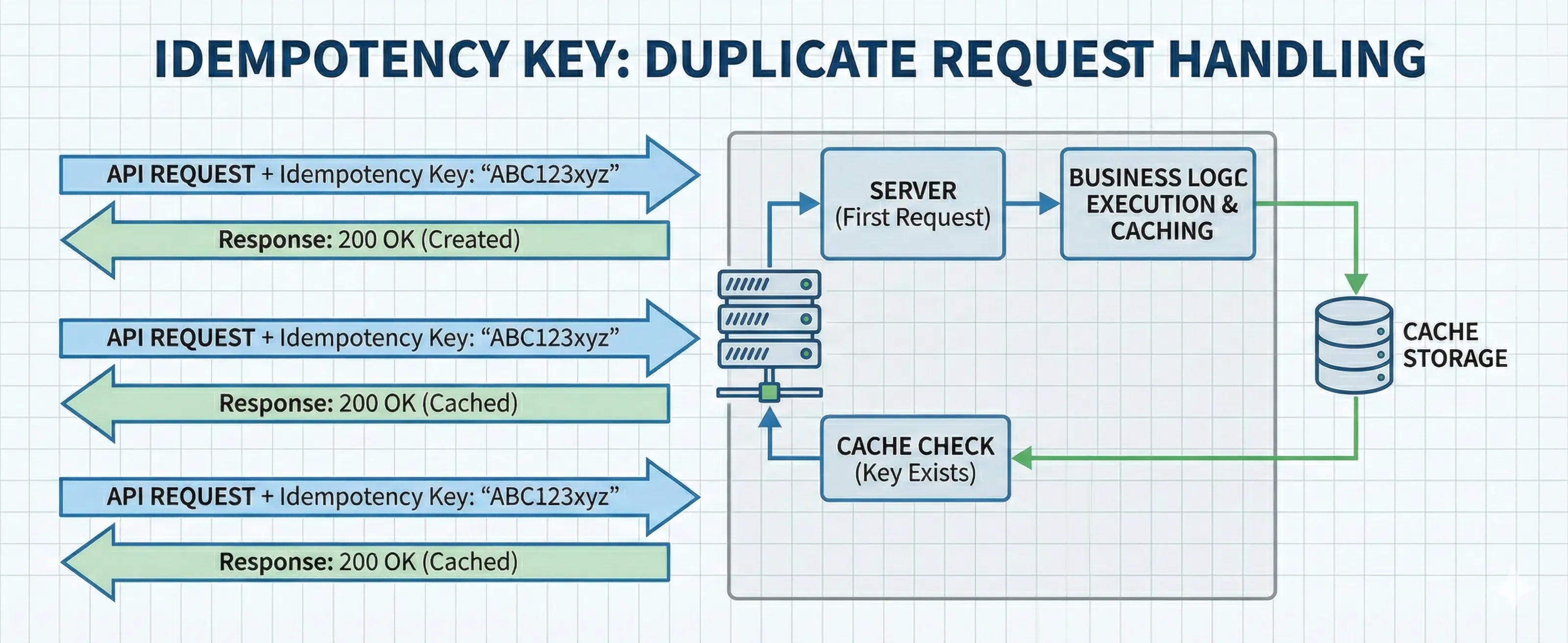
Designing Idempotent APIs in ASP.NET Core
Network failures and retries are inevitable in distributed systems. Without idempotency, duplicate requests create double charges and data corruption. This guide shows how to implement idempotent APIs in ASP.NET Core using action filters, Redis, and idempotency keys to handle retries safely.

